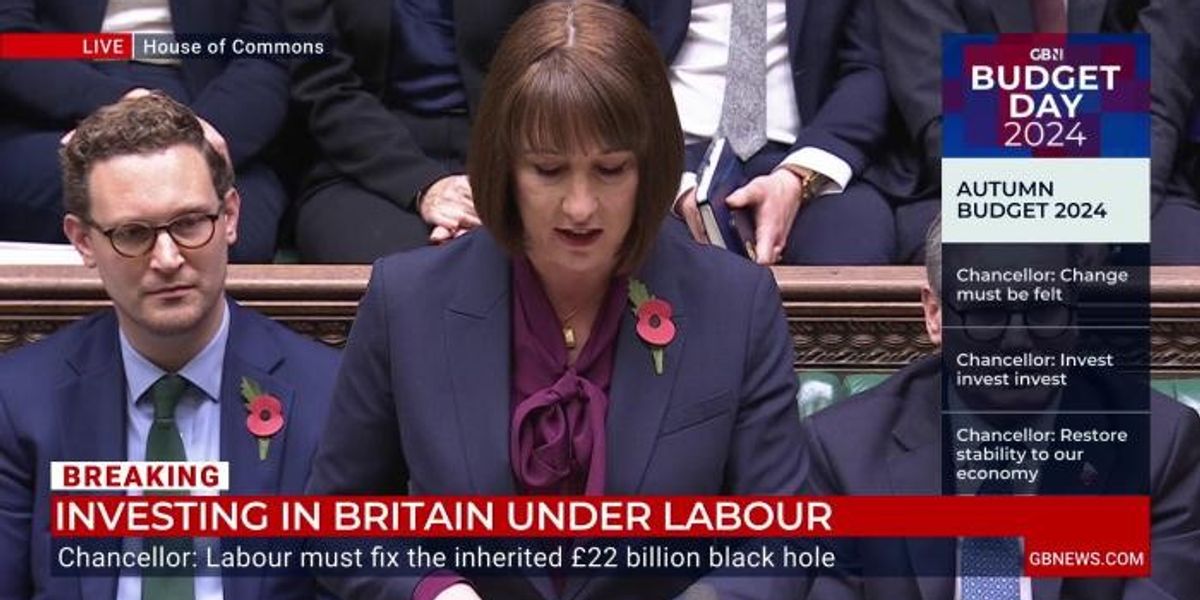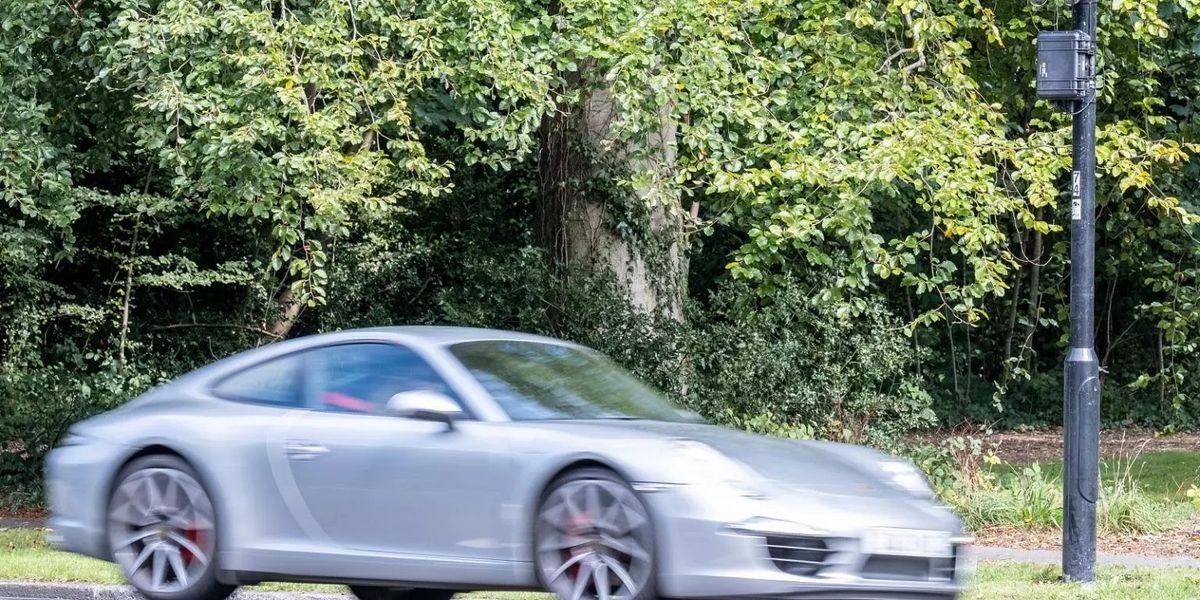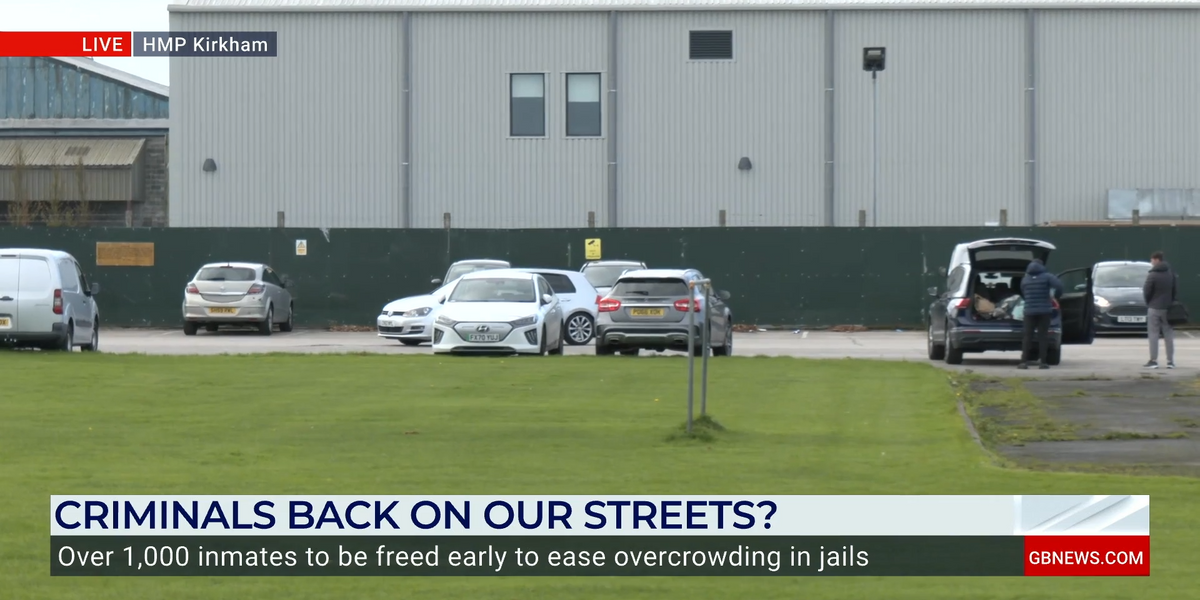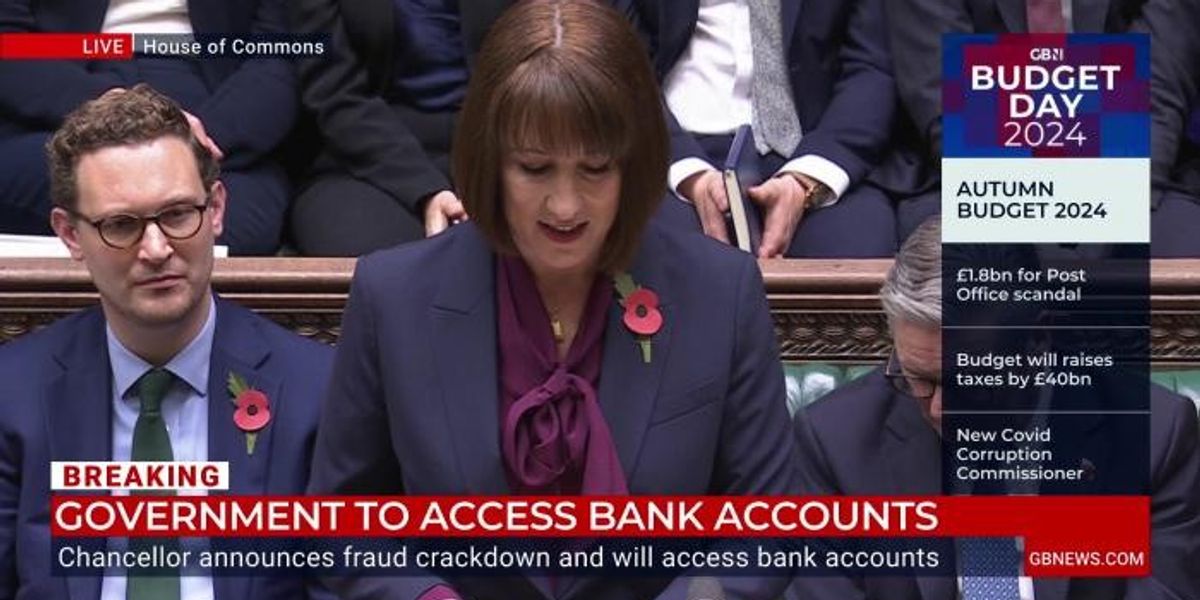“The short-term effect of these changes will be better-funded public services,” Mike Brewer, interim chief executive of the Resolution Foundation, said.
“But families are also set for a further squeeze on living standards as the rise in employer National Insurance dampens wage growth,” he added.
The new tax and benefits policies will affect everyone, said the think tank, which aims to improve living standards for low-to-middle income families.
It calculated the poorest half of households will see a 0.8% cut in their annual income on average, while the richest half face a 0.6% fall.
Wealthy households are expected to experience the biggest overall impact due to capital gains and inheritance tax changes.
The foundation expects wage rises to be hit by a combination of an already challenging outlook, weaker growth due to increased taxes on employment and higher inflation.
This will mean that by 2028 real weekly wages will have grown by just £13 over the past two decades, it said.
In its general election manifesto, Labour promised not to increase taxes on working people – explicitly ruling out a rise in VAT, National Insurance or income tax.
The pledge has come under scrutiny, with some claiming that the rise in the National Insurance rate paid by employers breaks that pledge, something the government has denied.
The Resolution Foundation also warned that the decision to frontload increases to spending on public services into this year and next means the Spending Review in the Spring will be tough.
Reeves has also left herself with a “relatively slim margin of headroom”, it said.
The chancellor’s new debt rule allows more room to manoeuvre but most of that money has already been used up, which means that even a small economic downturn could force the government to increase taxes further in the future, the think tank said.








